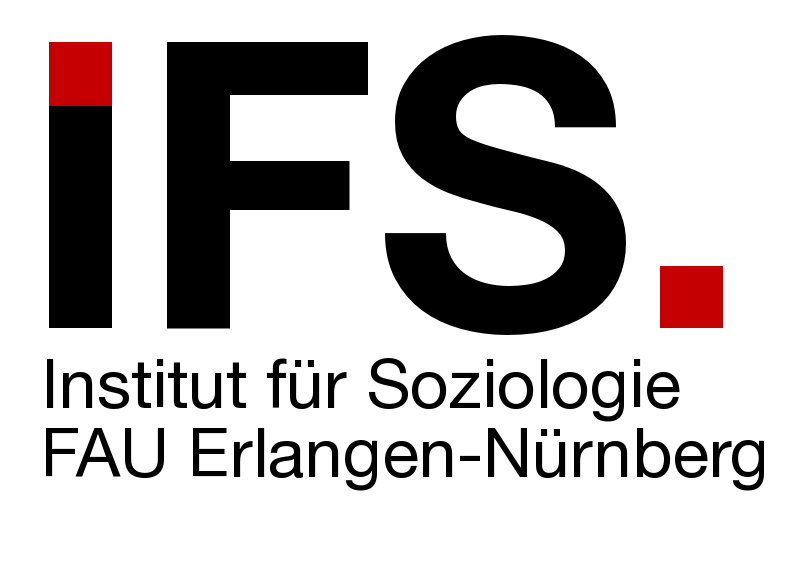PostER: Regulation and Enforcement of Posted Workers Employment Rights
Basisinformationen:
- Typ: Drittmittelprojekt
- Laufzeit: 2010 – 2011
- Förderung: European Commission DG Employment, Social Affairs and Equal Opportunities
Projektbeschreibung:
The project will seek to understand the problems that might be faced by posted workers, in terms of employment rights covered by the Posted Workers Directive (and those which may not), and in terms of living conditions. We will consider what means exist in the Member States concerned to address those problems, and posted workers’ awareness of and preparedness to use those means.
It will present the findings both through an international conference of social partners, enforcement bodies, academics and other stakeholders. Most studies into posted working have concentrated on the labour market effects for workers resident in the host country. By focusing on the experiences of posted workers themselves this project can evaluate the effectiveness of both information campaigns regarding posted workers’ rights and of potential means of protecting and enforcing their employment rights. We can also gain some understanding of the concerns and experiences of posted workers themselves. The differing structures of collective bargaining, labour markets, and enforcement bodies in the Member States included will permit some valuable comparative conclusions to be drawn.
This project is funded by the European Union and will be delivered by a partnership of five universities based in five Member States:
- UK: London Metropolitan University, Working Lives Research Institute (lead partner)
- Belgium: Université Libre de Bruxelles, Institut de Sociologie
- France: Université de Toulouse le Mirail, CERTOP CNRS
- Germany: Erlangen-Nürnberg University, Institut für Soziologie
- Sweden: Linköping University, REMESO Institute for Research on Migration, Ethnicity and Society
Beteiligte Personen:
Veröffentlichungen/Materialien
- Staples, Ronald / Trinczek, Rainer / Whitall, Michael (2014): „Posted Workers“: Zwischen Regulierung und Invisibilisierung. In: Arbeit, 22 Jg., H. 4, S. 271 – 286.
